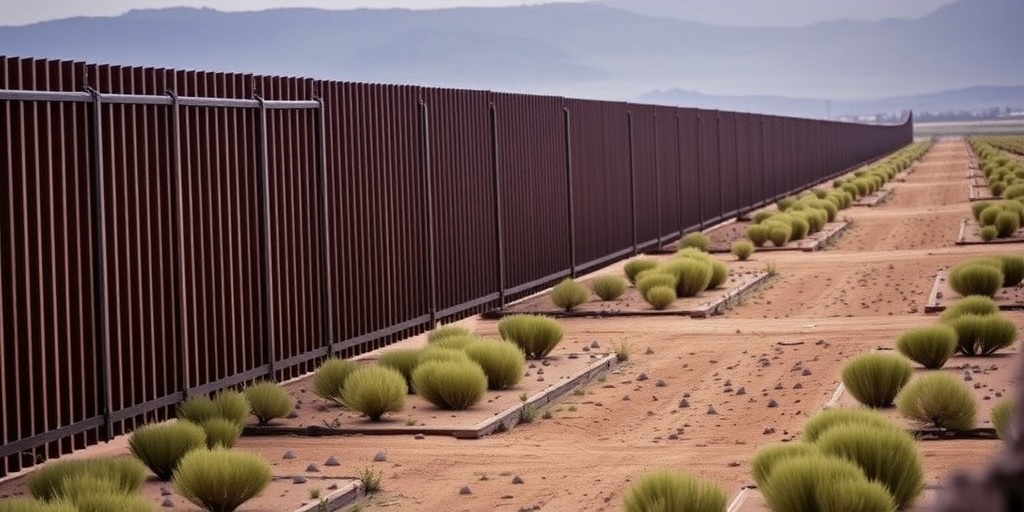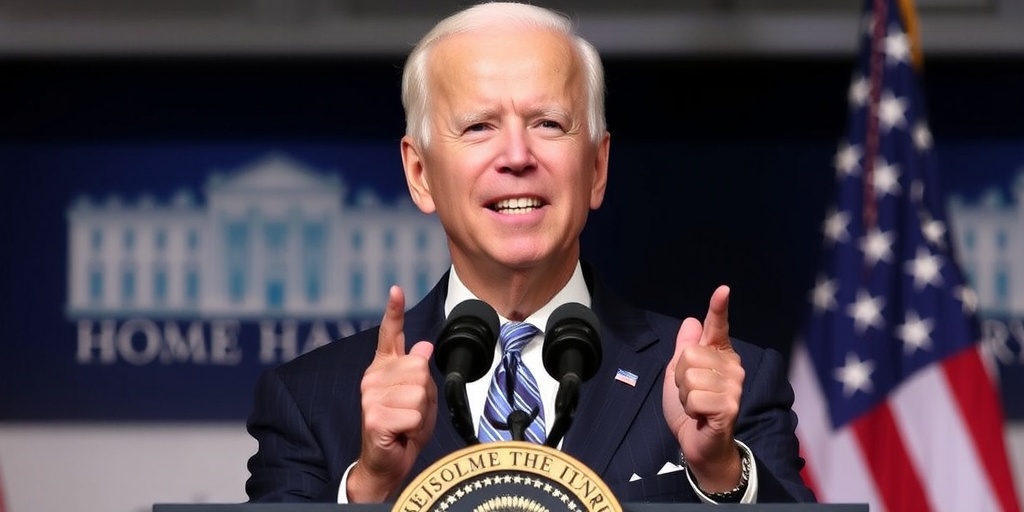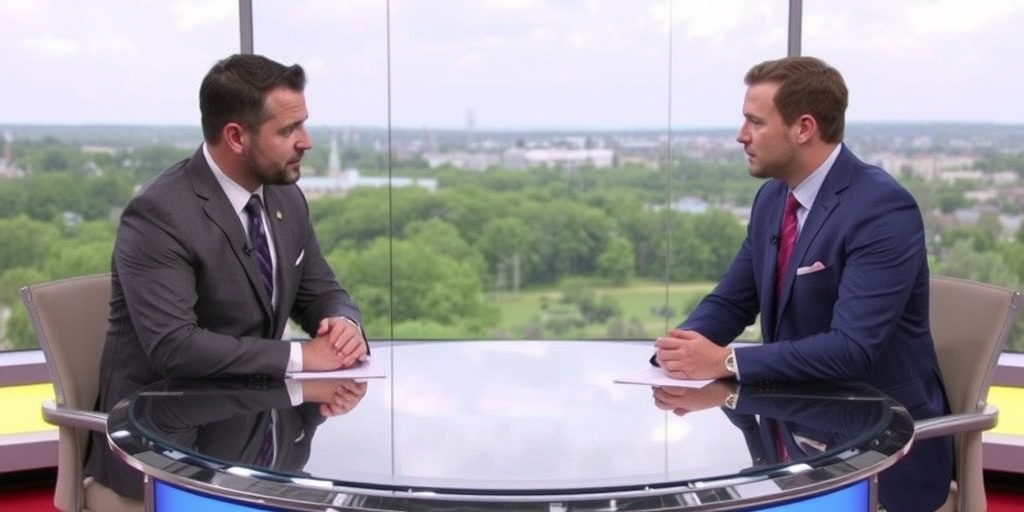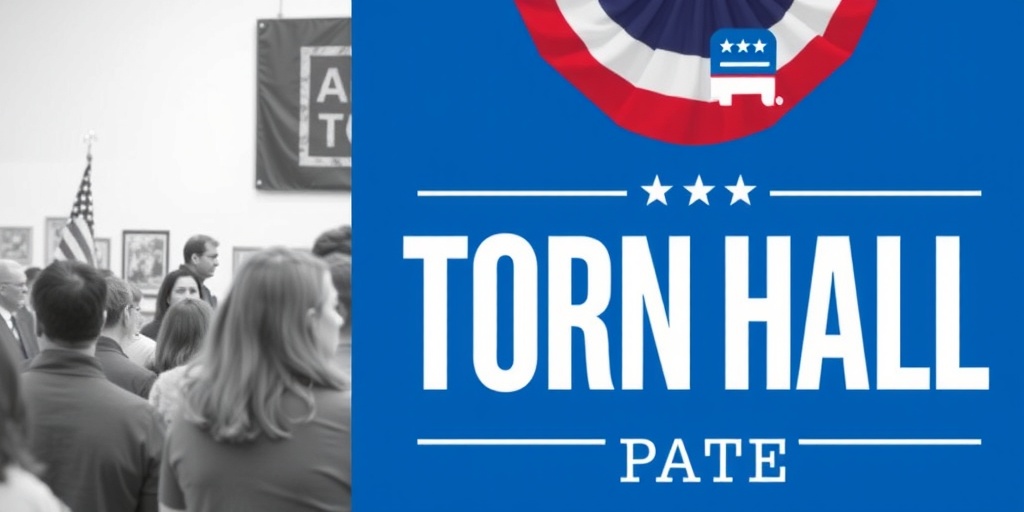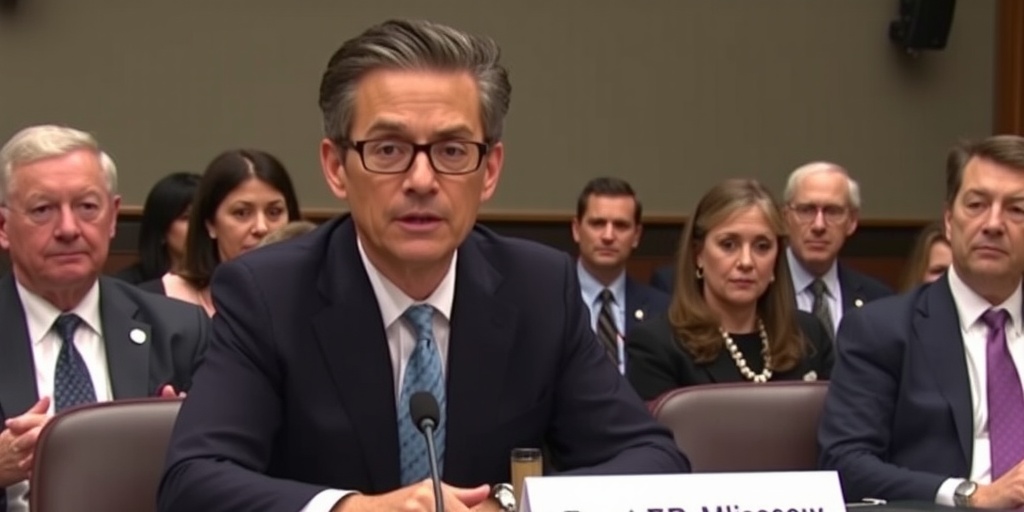Now Reading: Trump to Speak at Justice Dept. Following Legal Victories
-
01
Trump to Speak at Justice Dept. Following Legal Victories
Trump to Speak at Justice Dept. Following Legal Victories
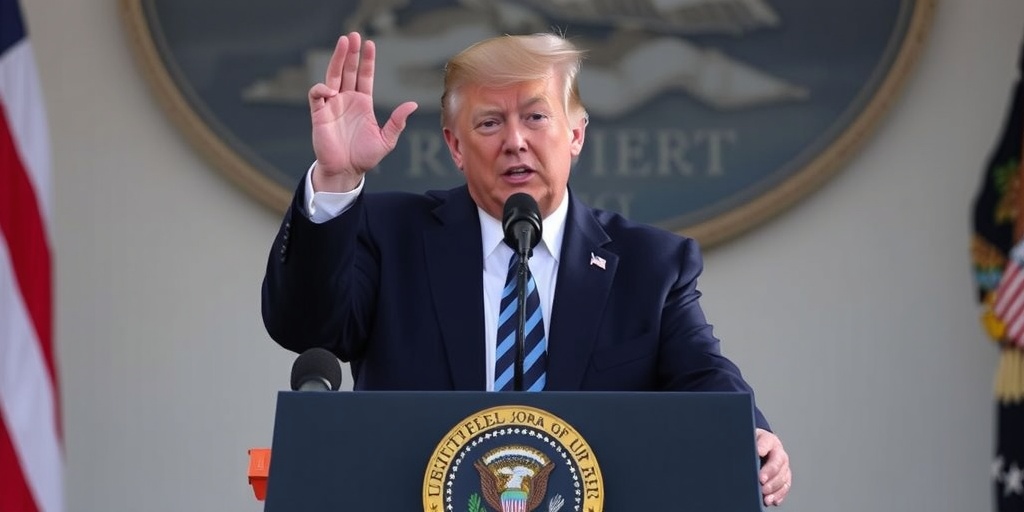
Trump’s Resurgence: A Bold Speech at the Justice Department Amid Controversy
In a striking turn of events, Donald J. Trump’s legal team made an unexpected visit to the Justice Department headquarters in June 2023. They arrived with a sense of urgency, collecting visitor badges before heading upstairs to engage with prosecutors regarding the details of Trump’s impending indictment tied to the mishandling of documents at his Mar-a-Lago estate.
Despite being a previous target of federal prosecution, Trump has returned to the political forefront and is now scheduled to deliver a significant law-and-order speech on Friday at the Justice Department itself. This speech symbolizes not only a political comeback for Trump but also serves as a striking reminder of his continued influence in the heart of Washington, D.C. Although he no longer owns the Trump International Hotel located nearby, Trump is effectively asserting his political presence at a pivotal government location.
On Thursday, Trump briefed reporters at the White House, stating that his forthcoming speech would encompass a broad spectrum of policy proposals for the Justice Department, including his plans for immigration reform. As his administration intensifies its planning efforts, officials are reportedly considering invoking wartime legal authorities to expedite the deportation of undocumented immigrants, with an announcement potentially coinciding with Trump’s speech. This decision aligns with Trump’s ongoing efforts to demonstrate a commitment to addressing illegal immigration, following through on his campaign promises.
In the lead-up to the speech, Trump’s administration has announced various measures aimed at tightening immigration policies. Observers expect Trump to highlight initiatives such as increasing arrests, militarizing the southern border, preemptively turning away migrants, and revamping the asylum-seeking process. Behind the scenes, however, there is growing anxiety among Trump’s advisors surrounding the actual pace of deportations, which must meet the heightened expectations of both voters and the president himself.
Despite Trump’s outward confidence, his administration’s approach to immigration enforcement is raising concerns among federal agents. The FBI, Drug Enforcement Administration, and the Bureau of Alcohol, Tobacco, Firearms and Explosives have all had their resources converted toward immigration enforcement duties. This redirection has attracted criticism from many agents who argue their core responsibilities are being compromised.
One controversial method that could potentially enhance Trump’s authority in immigration matters is the use of the Alien Enemies Act of 1798. This little-known law could empower Trump to expedite the removal of undocumented immigrants without ensuring fundamental due process protections. The legality of such actions could provoke significant legal challenges, placing added pressure on Justice Department attorneys who are already grappling with defending Trump’s various directives in court.
To implement these ambitious immigration policies, the White House has swiftly sought to assert its authority over the Justice Department—a move perceived by Trump and his allies as necessary to combat what they view as a "deep state" resistance. Emil Bove, a senior department official who previously served as one of Trump’s defense attorneys, has taken on the role of enforcing the administration’s directives, transferring top career prosecutors while dismantling crucial anti-fraud and corruption units. Bove’s actions include dismissing prosecutors involved in investigating Capitol riot cases and pushing through the termination of the corruption case against New York Mayor Eric Adams.
Bove has justified many of these controversial moves by citing broad presidential powers defined in Article II of the Constitution rather than providing substantive evidence of wrongdoing by those dismissed. Similarly, Attorney General Pam Bondi has openly defended the administration’s initiatives by citing the magnitude of Trump’s electoral victory as a rationale for their actions.
While presidential visits to the Justice Department headquarters are not unheard of, they are relatively rare in modern history. The first recorded visit came in early 1933 when President Herbert Hoover presided over the dedication of the building, strategically located between the Capitol and the White House. Former presidents like George W. Bush, Barack Obama, and Bill Clinton have also made trips to the department, although their motivations varied.
In 1993, shortly after taking office, President Clinton delivered address to Justice Department personnel, emphasizing his desire for the agency to remain free of political bias and controversy. However, he too faced significant pressures and ultimately appointed a special counsel to investigate his role in the Whitewater real estate affair, illustrating the complexities of balancing political power with legal integrity.
As Trump prepares for his upcoming address in a location laden with potential symbolism, the implications of his administration’s strategies on immigration enforcement and its broader impact on the Justice Department remain to be seen. The tone and content of his speech are likely to resonate with a political base that remains highly engaged, setting the stage for intense discussions surrounding the rule of law and executive authority in the coming days.
Stay Informed With the Latest & Most Important News
Previous Post
Next Post
-
 01New technology breakthrough has everyone talking right now
01New technology breakthrough has everyone talking right now -
 02Unbelievable life hack everyone needs to try today
02Unbelievable life hack everyone needs to try today -
 03Fascinating discovery found buried deep beneath the ocean
03Fascinating discovery found buried deep beneath the ocean -
 04Man invents genius device that solves everyday problems
04Man invents genius device that solves everyday problems -
 05Shocking discovery that changes what we know forever
05Shocking discovery that changes what we know forever -
 06Internet goes wild over celebrity’s unexpected fashion choice
06Internet goes wild over celebrity’s unexpected fashion choice -
 07Rare animal sighting stuns scientists and wildlife lovers
07Rare animal sighting stuns scientists and wildlife lovers













